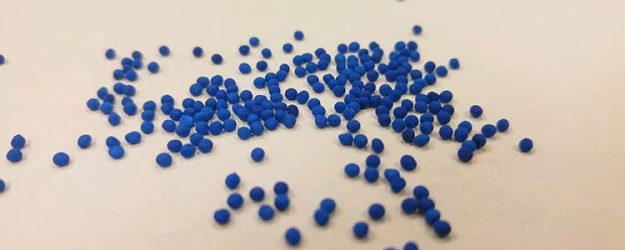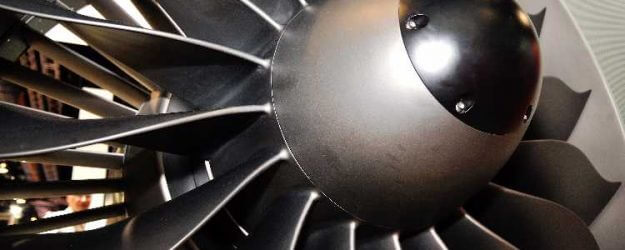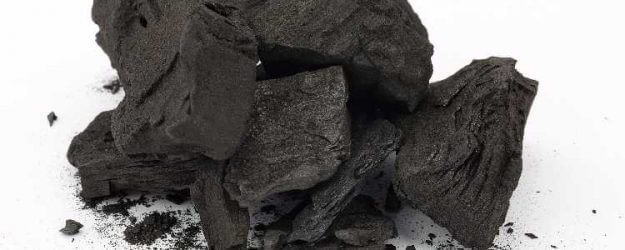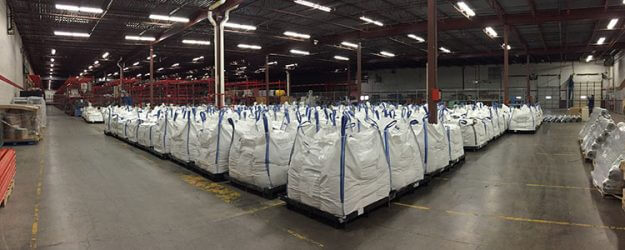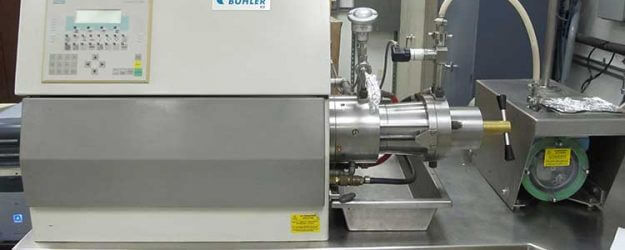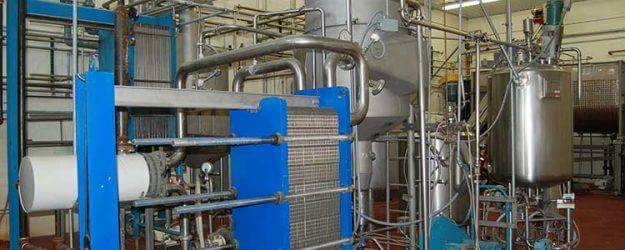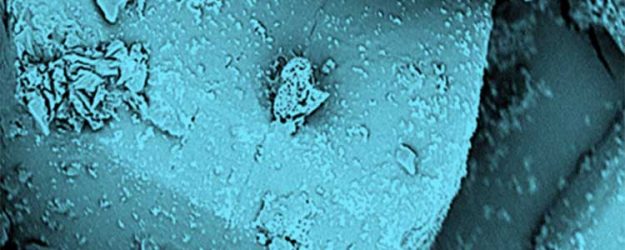What are Alginate Beads?
Alginate is a natural polymer, extracted from seaweed, that is able to form a gel when dissolved in water and exposed to certain salts. The gelation reaction can be manipulated to create wet or dry spherical beads for visual effect, encapsulation of other materials or agglomeration of powders. Alginate is stable at high temperatures, biodegradable and approved for use in food and cosmetic applications. AVEKA is capable of designing, formulating and producing both matrix-type beads and core-shell capsules. Furthermore, AVEKA has developed an innovative method to produce beads faster than traditional drip methods.
Alginate encapsulation is a well-established process to produce a wide variety of beads and capsules for multiple industries. Sodium alginate is first dissolved in an aqueous system, which can then be gelled when exposed to multivalent cations (such as Ca+2 from CaCl2). For matrix-type beads, the fill material is typically incorporated into the aqueous system with the dissolved alginate prior to gelation. This forms a homogeneous structure throughout the bead. Core-shell capsules are created by co-extrusion of the aqueous alginate shell around the core fill material before gelation. Core-shell encapsulation works well with hydrophobic liquids. The bead size and strength can be varied by controlling process parameters, including:
- pH
- Reaction time
- Aqueous phase components
- Filler materials and properties (density, viscosity, physical chemistry, reactive chemistry)
Application Examples
- Wet Matrix Alginate Beads – Fill material can be anything designed to stay wet, such as live bacteria, food additives, personal care products and home care products. The bead integrity can be designed so the bead is soft enough to rupture with light pressure or strong enough to withstand additional processing. Bead size can vary between 180 µm and 5 mm.
- Dry Matrix Alginate Beads – Encapsulated materials can include abrasives, pigments, food additives and powders. Fill material can be incorporated up to 99 wt% of the final bead. Beads are created from an aqueous slurry of alginate and filler and then dried to form a hard bead (80 µm – 4.5 mm).
- Starch Alginate Beads – Starch can be matrix-encapsulated in a dry alginate bead, typically 2-5 mm in diameter. Final beads can have up to 30 vol% porosity and be used for liquid imbibing. Fragrances can be absorbed into the beads and are released slowly via evaporation.
- Core-Shell Alginate Capsules – An alginate shell can be formulated to encapsulate a core of hydrophobic materials, such as oils. The shell strength can be adjusted to achieve the desired strength, shelf-life stability and release mechanism. Core-shell capsules can be dried or remain wet. Capsule size is typically 200 µm – 5 mm, and can vary based on the materials used.
Typical Filler Materials
A wide variety of materials can be encapsulated via matrix or core-shell alginate beads. Hydrophobic liquids such as fragrances, edible oils and mineral oil are often encapsulated with alginate. Solid materials, powders, pigments, skin emollients, food additives and live bacteria can also be encapsulated. Fill materials must not react with water as the alginate encapsulation process relies on aqueous systems. Depending on the bead formulation, up to 95 wt% fill material can be achieved.
Shell & Matrix Material
Alginate can be purchased in a variety of grades to formulate a bead or capsule with the desired strength and characteristics. Alginate is also available in food grade varieties, if required.
Release Mechanism and Uses
- Pressure – Beads can be formulated to crush or burst with varying amounts of pressure. Capsules can burst with a gentle squeeze between thumb and forefinger or be designed to withstand higher pressures.
- Abrasion – Beads can be soft to smear easily or stronger to withstand additional force.
- Chemical – Reactions can be used to dissolve the beads or reverse the gelation process to release fill materials.
- Diffusion – Dried alginate beads can release fragrance or other volatiles gradually over time.
AVEKA is one of the few North American companies with alginate bead R&D expertise and toll production capabilities.
